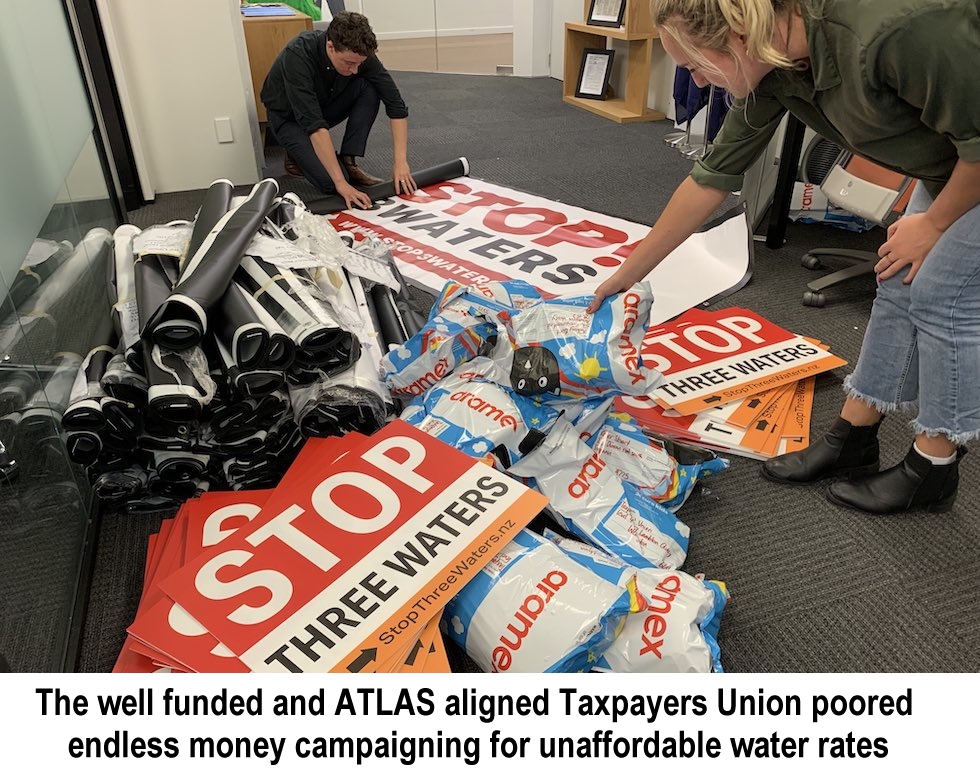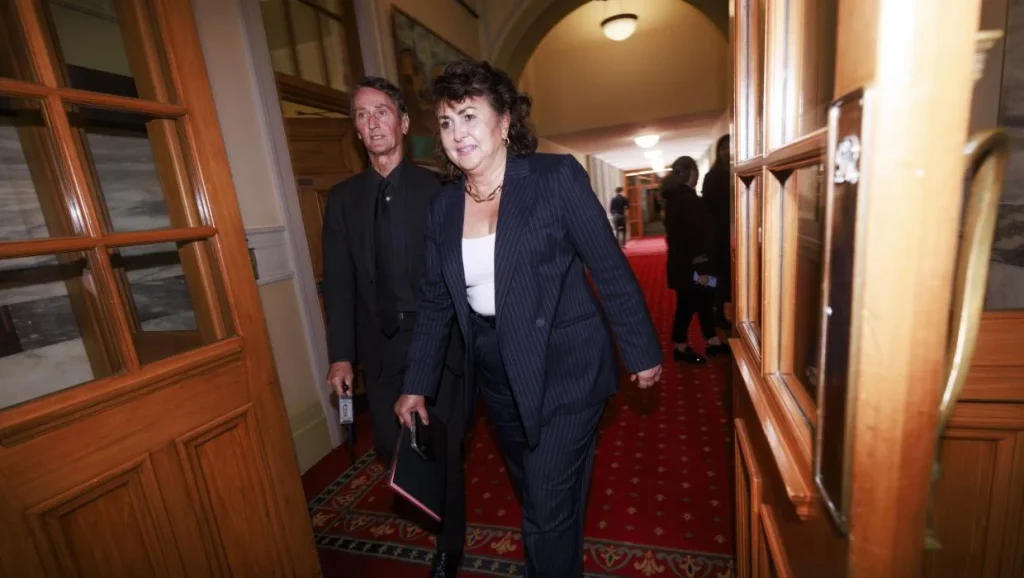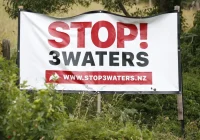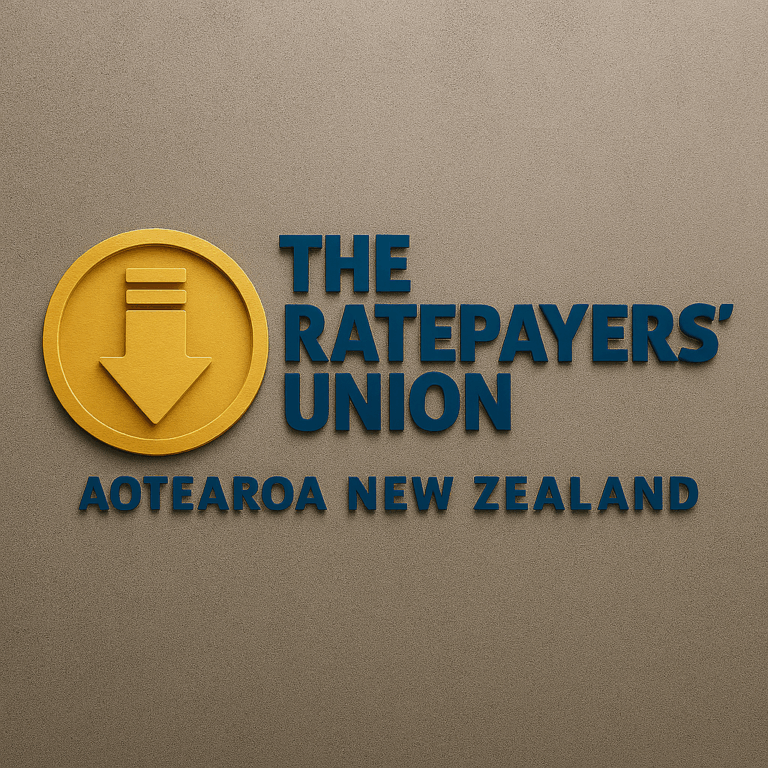
The Government has passed the final pieces of legislation required for its Local Water Done Well water reforms into law.
Both the Local Government (Water Services) Bill, and a separate repeals and amendments bill for this legislation, were passed on Tuesday afternoon, cementing into law a water reform programme years in the making.
Minister Casey Costello, standing in for Local Government Minister Simon Watts in the House, said “chronic under-investment and the lack of sustainable management of local government water services has come home to roost”.
“Failure of water services can make people ill or even worse. This is a basic necessity to get right and has been put on the back-burner for too long. Inadequate maintenance of existing services and the failure to grow new services is costing us,” Costello said.
“Ratepayers are facing unsustainable cost increases. We cannot afford to let these trends continue.”
The Government’s Local Water Done Well scheme was the replacement to the prior Labour government’s Three Waters reforms, which it rebranded as Affordable Water Reforms prior to the 2023 election.
The Three Waters reforms were politically contentious, as Labour planned to take water services from councils and create four, later 10, public water entities.
Some councils campaigned against the lack of control, and a governance arrangement that included iwi group representation was opposed by critics of “co-governance” between Crown and Māori.
In its stead, Local Water Done Well sets up a regime in which councils decide whether to work with their neighbours on delivering water services to meet new standards and regulation, aimed at fixing the country’s patchy drinking, waste, and storm water systems.
A new debt funding arrangement will allow councils or council-owned water entities to raise capital to invest in infrastructure repair and renewal.

Councils have been given a September 3 deadline to produce “financially sustainable” water service delivery plans.
The Government has encouraged councils to work with their neighbours in regional groups to achieve better scale of efficiencies, and greater debt raising capacity.
But as the deadline nears, there looks to be 40 water entities emerging across the country, as some regional groupings have fallen over. Water service delivery plans already finalised show some councils expect average water bills to increase significantly, or double, in the coming decade.
In the House, National, NZ First, and ACT MPs referenced the loud opposition to Three Waters and celebrated councils retaining control of water services.
Opposition MPs decried the costs, and the lack of incentives to nudge councils to work together.
Labour Party housing spokesperson Kieran McAnulty, the prior local government minister who led Labour’s altered reforms, said in the House that “there have been some repeated lies all amongst this broader conversation around water reform”.
He said the Government had asked councils to prepare plans for the coming 10 years, ignoring the investment needed in the two decades afterwards.
“Councils’ own figures showed that over the next 30 years, $185 billion needs to be found, and this model … doesn’t add up,” he said.
“The public will soon be bearing the consequences of that disingenuous approach.”
He said some ratepayers would not be able to afford their bills and could lose their homes.
The Local Government (Water Services) Bill had been split into two bills earlier this month, due to the volume of amendments required.
Both were voted through by the Government parties, with 68 votes. Labour, the Green Party, and Te Pāti Māori voted against.

